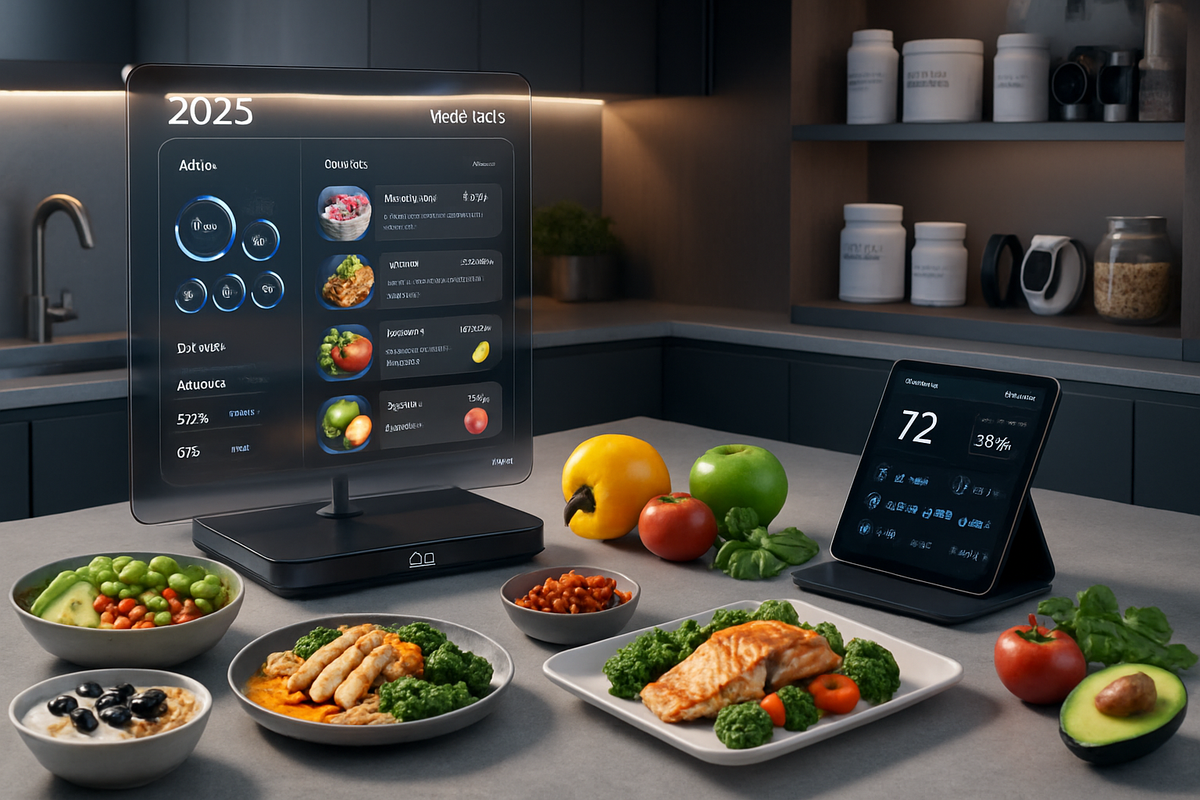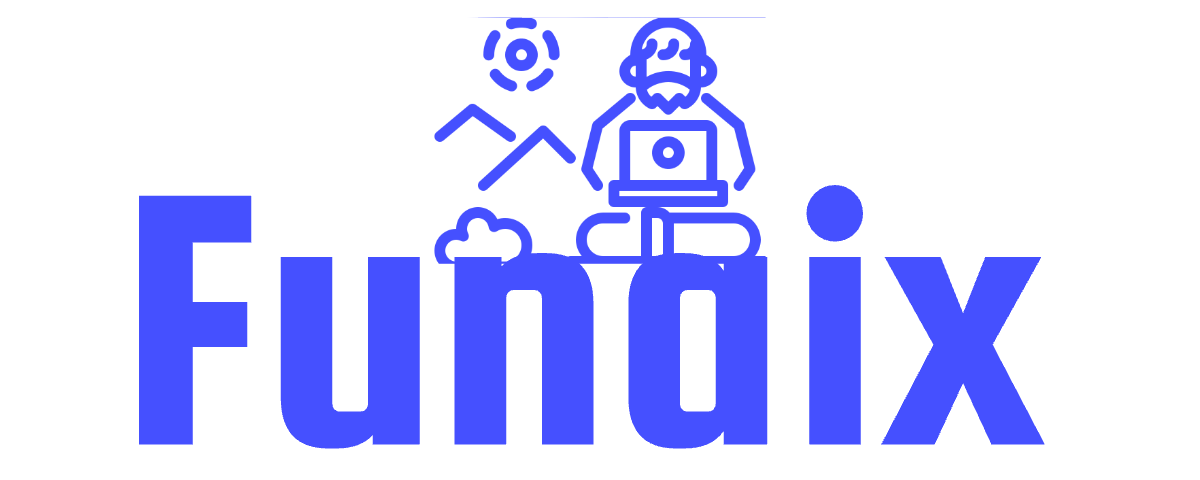The AI Nutrition Revolution: How Smart Meal Planning Is Transforming Health, Wellness, and Everyday Life in 2025
Imagine a meal plan as unique as your fingerprint—crafted by AI in seconds, merging DNA, habits, and mood for optimal nutrition. Welcome to the new era of personalized eating where algorithms are your personal nutritionists. Are you ready to revolutionize your diet?

Welcome to the AI Nutrition Revolution
Imagine your next meal plan is as unique as your fingerprint—not because you spent hours with a dietitian, but because an AI did the heavy lifting in seconds, fusing your DNA, daily habits, and even your mood into a perfectly balanced plate.
In 2025, this isn’t a sci-fi fantasy. It’s the new normal for millions seeking to lose weight, gain muscle, manage chronic conditions, or simply eat smarter. Welcome to the era when algorithms are your personal nutritionists, and your fridge could soon know you better than your best friend.
Why Personalized Nutrition Is Exploding
The old “one-size-fits-all” diet is about as fashionable as dial-up internet. Today’s consumers want science-backed, hyper-personalized advice—no more guesswork, no more fad diets.
- AI-powered apps analyze your genetic data, medical history, and even your wearable’s step count.
- Smart meal planners adapt in real-time: skip the gym? Plan adjusts. Feeling stressed? The algorithm might nudge you toward magnesium-rich foods.
- Supplements, shopping lists, and recipes are curated for your body—not the generic “average user.”
“Personalized nutrition is the biggest leap in wellness since the invention of the calorie counter.”
How AI Meal Planning Actually Works
The Data Feast: What AI Consumes
To cook up a tailored meal plan, AI systems gobble:
- Biometric data (from wearables: sleep, steps, heart rate, glucose, and more)
- Genetic insights (from DNA tests: lactose intolerance, caffeine sensitivity, nutrient metabolism)
- Medical history (chronic conditions, allergies, medications)
- Preferences & goals (vegan, keto, low-FODMAP, weight loss, muscle gain, disease management)
The Secret Sauce: Adaptive Algorithms
Modern AI nutrition platforms use deep learning to spot patterns and adjust on the fly. Your plan updates if you skip breakfast, run a marathon, or just crave pancakes on a rainy Sunday. It’s like having a nutritionist who never sleeps—except it really likes spreadsheets.
The Benefits: From Effortless Weight Loss to Disease Management
- Weight loss, minus the misery: No more bland chicken and broccoli unless you actually love it. AI finds meals you’ll stick with.
- Muscle gain, made simple: Protein targets, recovery meals, and even supplement timing—all tailored to your body and workout log.
- Chronic disease support: Manage diabetes, hypertension, or gut issues with real-time, evidence-based guidance (and reminders that, yes, you should drink that water).
- Time-saving sanity: Shopping lists, meal prep, and even grocery delivery can be automated. More time for you, less time staring at kale.
What the Science (and Real Users) Say
Backed by data, loved by people:
- Clinical studies show that AI-personalized diets can improve adherence, speed up weight loss, and help manage blood sugar and cholesterol better than generic advice.
- User journeys are everywhere: from tech execs crushing marathons on plant-based plans, to busy parents reversing pre-diabetes while eating food they actually enjoy.
“My AI meal planner didn’t just help me drop 20 pounds—it taught me why I was hungry, and what to do about it.” — Real user, 2025
But Wait—Are There Pitfalls?
- Privacy: Your DNA and health data are precious. Choose apps with transparent privacy policies and robust data encryption. (If an app wants to share your blood type with a third-party, run—don’t walk!)
- Bias and accessibility: Some platforms may not adequately serve diverse diets, body types, or health needs. Always look for solutions with inclusive, evidence-based databases.
- Over-reliance: Algorithms are smart, but they aren’t (yet) a replacement for medical advice. Use AI as a guide, not gospel.
How to Choose the Best AI Nutrition Tool for You
- Define your goal: Weight loss, muscle gain, disease management, or just eating better?
- Check compatibility: Do you use wearables, track macros, or want DNA integration?
- Review privacy & transparency: Read the fine print. Your data, your rules.
- Test the user experience: Is the app intuitive? Does it fit your lifestyle?
- Seek social proof: Look for real user reviews, clinical validation, and diverse success stories.
The Future of Food: Where AI Nutrition Is Headed
Expect even smarter algorithms, deeper integration with wearables, and real-time feedback based on your actual biology. Imagine a world where your fridge suggests recipes based on your gut microbiome—or your watch tells you when to eat for peak focus. The AI nutrition revolution is just getting started.
Join the Conversation—And the Revolution!
Hungry for more? Subscribe now to become a Funaix Insider—it’s free (for now). Only subscribers can join our lively comment threads, swap recipes, and get exclusive updates on the smartest ways to eat, live, and thrive.
Ready to put your nutrition on autopilot—and your best self on the menu? The AI nutrition revolution is here. Bon appétit, data lovers!




